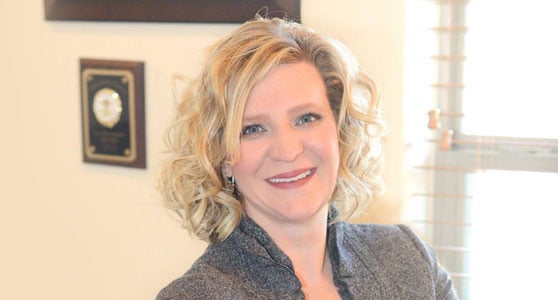It is easy for both to make mistakes when dealing with law enforcement and criminal allegations. There is a different set of rules for arrested juveniles. These are designed to protect them.
Police might use various tactics to get a statement or confession. These might violate the juvenile’s legal rights. Understanding the rules for statements or confessions can be essential as part of protecting the juvenile and with formulating a defense.
Parents should understand their child’s rights
Because juveniles are vulnerable, when they are taken into custody, they must be processed as soon as possible at the juvenile processing office. In addition, the parent or guardian must be informed as to why the child is being taken into custody. Juveniles may be asked to make a written statement or confession.
A magistrate is required to give the child warning that they can remain silent and not say anything. If they do decide to make a statement, it can be used as evidence. They have the right to have an attorney. If they cannot afford an attorney, one can be appointed to represent them. The interview can be terminated at any point.
They might be somewhat cognizant of this from it being so frequently cited in film and on television, but in that stressful situation, there could be a temptation to be compliant and hope for a positive outcome. If the juvenile was not apprised of their rights, it could be used as part of the defense.
If the child waived these rights for the statement, it must be done voluntarily. If this occurs, then the child can go back to the juvenile processing office to give a confession. It cannot be signed until the child is brought back to the magistrate. The magistrate can nullify it if they do not believe the child grasps the gravity of voluntarily signing of the confession.
Legal guidance
Depending on the allegations, the penalties for juvenile crimes can be severe. Whether it is a relatively minor infraction like shoplifting or vandalism; something relatively serious like driving under the influence; or allegations related to sexual offenses, violence or drugs, it is vital to have professional help. To assess the situation – especially after a statement or confession – calling for help from those experienced in juvenile cases is crucial.



